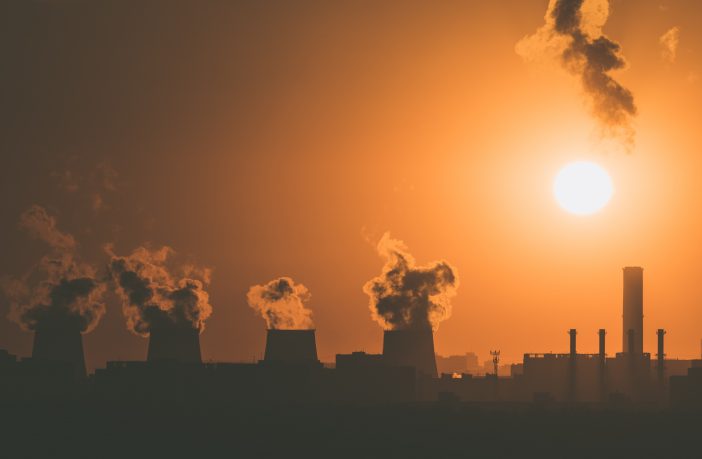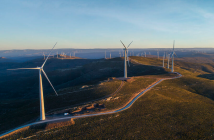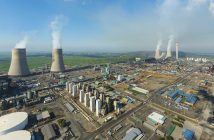- The emissions intensity of the South African power sector has increased by 5% between 2012 and 2017.
- Satellite data identifies Mpumalanga as a global pollution hotspot, and Witbank as having the world’s dirtiest air.
- The SA government’s decision to continue to build additional coal power plants until 2024 means that the country may not reach its carbon emissions targets.
The University of Cape Town’s Energy Research Centre (ERC) last week issued a report looking into the intensity of emissions in the power sector across the G20 countries. The fourth annual Brown to Green Report has found that South Africa has the highest intensity of emissions in the power sector, with emissions per capita roughly double the G20 average.
According to the report, this high intensity has been increasing in recent years because of South Africa’s dependency on coal and expansive new coal-generation projects. Co-author of the report, Bryce McCall from the ERC, expressed concern about the intensity of domestic industry emissions, which remain some of the highest among reporting G20 countries.
McCall noted: “The emissions intensity of the South African power sector has increased by 5% between 2012 and 2017, despite several Renewable Energy Independent Power Producers beginning commercial operation during this period.
“South Africa also has above G20-average expenditure on fossil fuel subsidies as a proportion of GDP, and is currently rated as fifth behind Saudi Arabia, Italy, Australia and Brazil. Under our current economic conditions, subsidising dirty and expensive power makes no sense.”
These findings follow after the recently released satellite data that identified Mpumalanga as a global pollution hotspot, and Witbank as having the world’s dirtiest air. The province is among the worst in the world for nitrogen dioxide (NO2) concentrations and has the lowest air quality in South Africa.
The Brown to Green Report draws on the latest emissions data from 2017 and covers 80 indicators of decarbonisation, climate policies, finance and vulnerability to the impacts of climate change.
Despite commitments by both developed and emerging countries to reduce their dependence on fossil fuels, the report found that 82% of the G20 countries’ energy supply still comes from fossil fuels and few have adequate policies to phase out coal.
Although South Africa is a signatory to the Paris Agreement to limit global average temperatures to below 2° C or 1.5° C above pre-industrial levels, the government’s decision to continue to build additional coal power plants until 2024 means that the country may not reach that target.
On a positive note, the report highlighted that South Africa is the only G20 country to explicitly reference the principle of a Just Energy Transition as part of its commitments to the Paris Agreement. South Africa also recently tabled a carbon tax bill which will become effective from 1st June 2019.The carbon tax bill which gives effect to the ‘polluter pays’ principle will enable South Africa to meet its targets as agreed in the Paris Agreement.
Author: GBA News Desk/Guest Contributor
This article was originally published on ESI Africa and is republished with permission with minor editorial changes.











